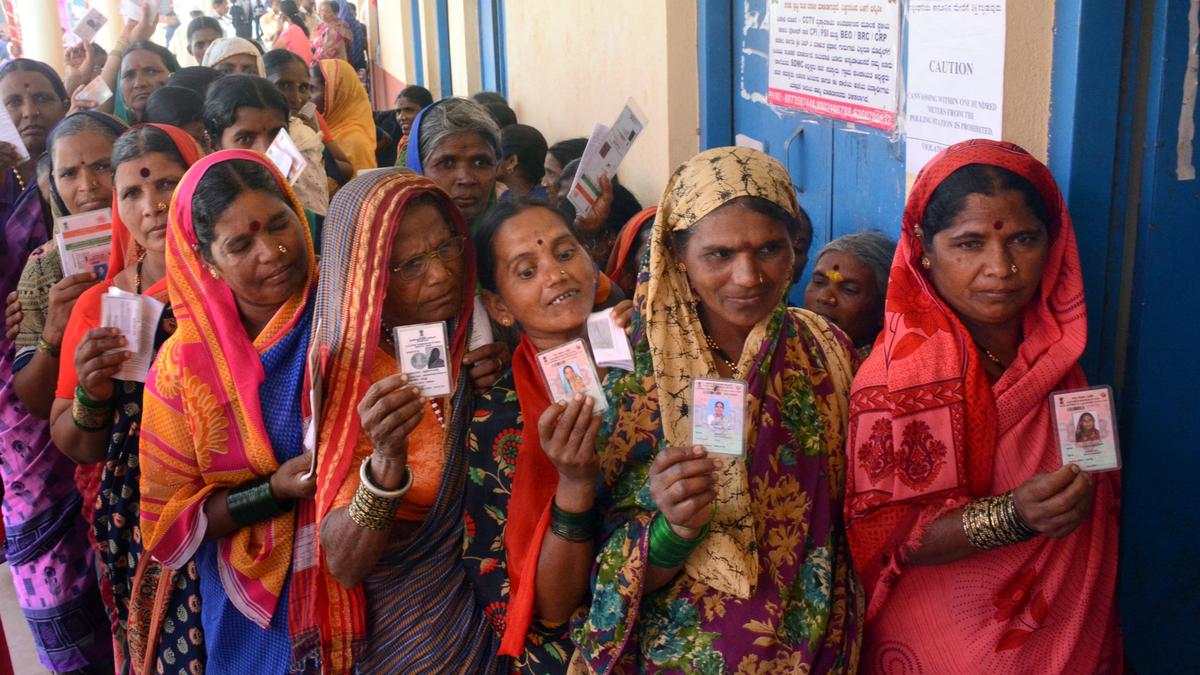The district administrations in Vellore, Ranipet, Tirupattur and Tiruvannamalai have advised farmers to cultivate crops like maize, rye and ragi that are drought tolerant as these districts are experiencing extreme heatwave conditions, that have even caused many waterbodies like the Palar river to dry up.
Collectors in these districts have asked the farmers to switch over to crops like sesame, wheat, groundnuts and pulses like green gram, urad dal and karamani as these crops not only require lesser water but also can earn higher incomes for the farmers. Whereas the cultivation of paddy, sugarcane and bananas require enormous amounts of water for irrigation and should be avoided during this season.
“Marginal farmers should follow micro-irrigation techniques like drip irrigation for water conservation without forgoing better yield,” said agriculture officer (Vellore), S. Rajesh.
Officials from the Water Resources Department said that in most of the major reservoirs in the region, only around 55 per cent of the water was left. This water will be adequate only for domestic consumption and cannot be released for irrigation purposes. Currently, the farmers depend on large water bodies like irrigation tanks and bore wells for irrigation.
Heatwave guidelines
The temperatures across these districts have continued to range between 38 and 40 degree Celsius since early this month, and is expected to go up to 44 degree Celsius in the coming days. Therefore, the respective district administrations have asked people to stay indoors from 12 noon to 3 p.m. and consume adequate amounts of water. They have advised people to not venture outdoors in the afternoons, unless necessary, and also to avoid activities that could tire them out.
Other suggestions include— keeping oral rehydration solutions, buttermilk, lassi or lemon juice at homes to prevent dehydration; wearing cotton clothes, caps; and carrying water bottles, umbrellas while leaving their houses.
The administrations have also cautioned residents against letting children remain alone in cars and to make sure to keep them hydrated with enough fluids. Farmers have been asked to ensure that cattle are tied only under shades and to also give them enough water to beat the heat
Since fire accidents could occur, people living on the top floors or huts should keep themselves away from electric lines, district officials said.

 1 week ago
168
1 week ago
168




